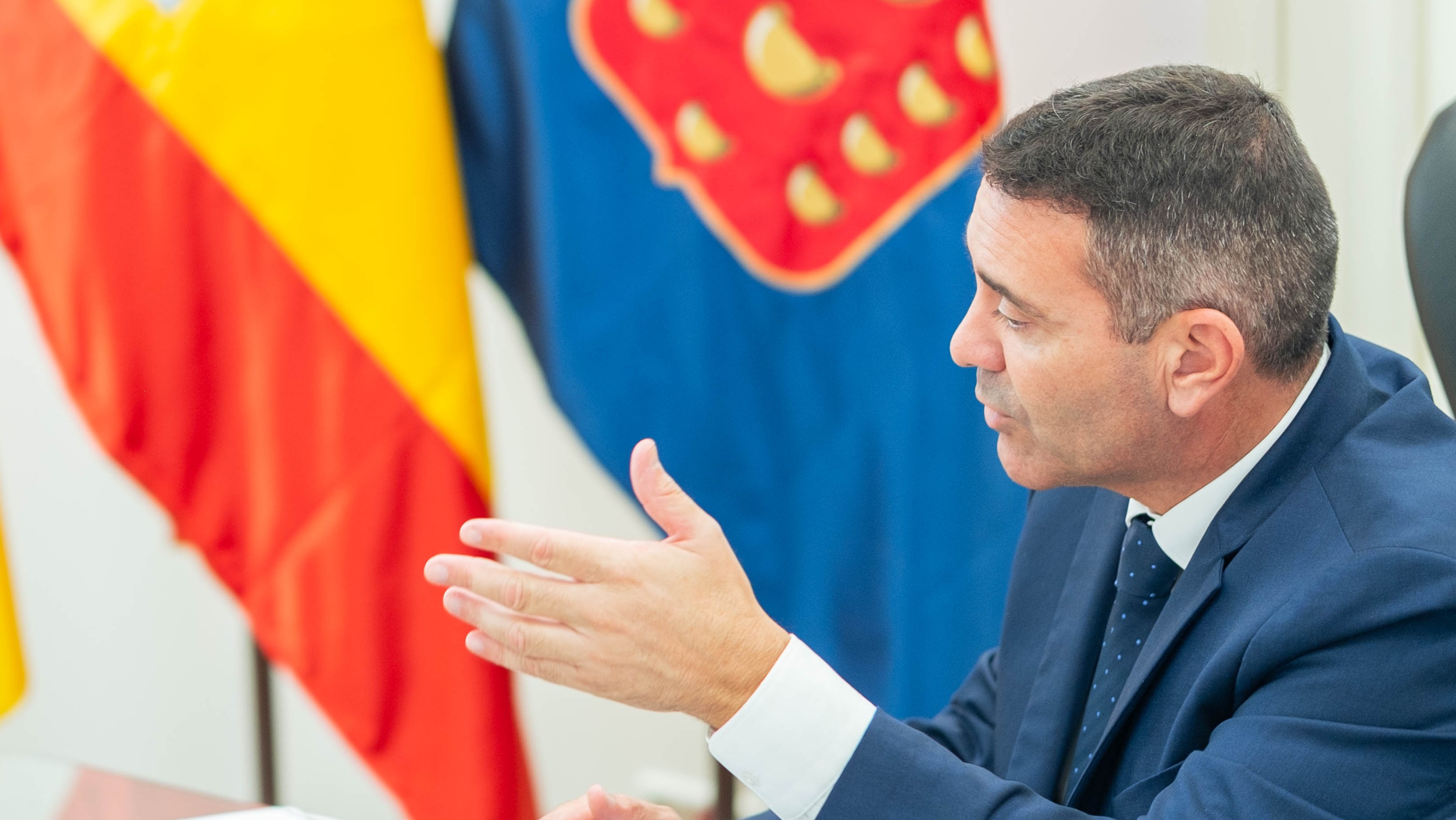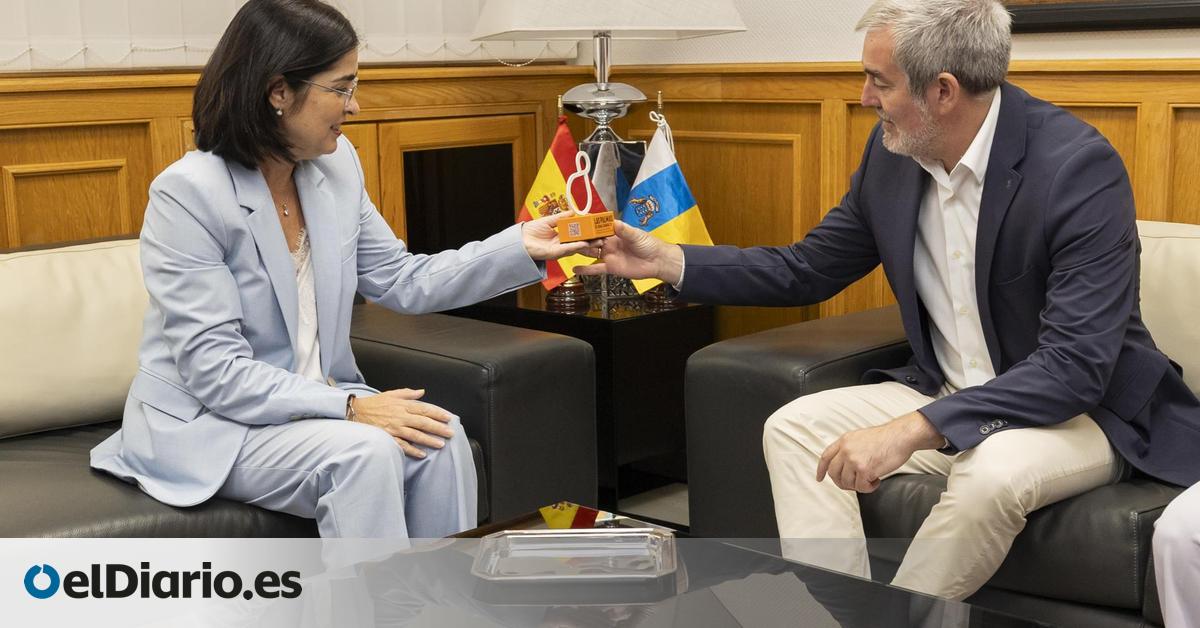
The municipality, after approving its first Sustainable Mobility Plan in 2023, can now apply for European funds, similar to the €1.5 billion already secured by other municipalities with this document since 2021.
Rubens Ascanio Gómez, councillor and co-spokesperson for Unidas se puede, argues that La Laguna has regressed to its 2018 status regarding sustainable mobility. He cites not only the decrease in the area and financial contributions for this mandate but also a significant reduction in actions and initiatives associated with this agenda.
He recalls that between 2019 and 2022, Mobility Week and Car-Free Day were significant highlights in the local calendar. “There was a progressive government that placed sustainable mobility at the heart of local policies, implementing a vast official agenda, rather than merely providing occasional support for actions promoted by community groups, which, while beneficial, reach a limited audience.”
He explains that, during a mandate severely impacted by a major health crisis and its effects, the first Urban Sustainable Mobility Plan (PMUS) was approved with extensive community participation. Forgotten bicycle racks were reintroduced, and in partnership with the Bicycle Committee, a comprehensive support programme for cycling was created. Furthermore, there was a push to promote cycling usage.
Additionally, he mentions the expansion of educational institutions within the Stars Network, the pedestrianisation of Heraclio Sánchez, and the implementation of the ‘metro minute’ initiative to encourage walking. Significant efforts were also made to improve urban mobility by studying bus stops and engaging with the community to design improvements for urban buses, which shaped the new active contract.
Current Challenges
Ascanio points out that the local PSOE-CC government now holds projects that were once aspirations in 2019, such as the participatory design of the first Low Emission Zones, alongside the technical outline for a thirty-kilometre network of cycle lanes. “It was challenging, and we faced serious issues with staffing shortages and delayed financial resources. However, solutions were pursued, and there was collaboration with community organisations.”
He highlights notable steps that have been taken, such as the work carried out and the journey towards initiatives like the Network of Walking Cities, where La Laguna became the first Canary Island municipality to join. In addition, technical forums focused on sustainable mobility were held in collaboration with the University of La Laguna. He believes that during this mandate, there is a palpable “disinterest, not only due to a reduction in initiatives or a shift towards policies contrary to mobility, such as the expansion of road networks, which has been the central theme of the current mayor’s defences during Mobility Week.”
He cites instances such as the return of over €800,000 in funds intended for developing the municipal bike rental system, which had been entrusted to Sagulpa, and the minimal use of the Mobility Plan.
A Call for Proper Action
They believe that attempting to revert the Low Emission Zones to square one and continuing to invest in more parking spaces and roads, such as the TF5 variant or La Gorgolana tunnel, “are missteps. However, failing to take advantage of having the First Sustainable Mobility Plan approved, which allows access to a share of the €1.5 billion that the Government has offered to municipalities with this document over the past five years, is a travesty.”
The councillor from Unidas se puede sees a lack of courage in developing sustainable mobility actions. “We left behind all the tools we would have liked to have in 2019. What we lack now is the willingness to demonstrate that a better mobility can be achieved, which involves providing viable alternatives to personal vehicles,” he explains. He believes that fundamentally, “the discourse of the far-right is being adopted, from those who deny climate change to those who use falsehoods as the basis of their ideology, and that merely amplifies the problem.”













